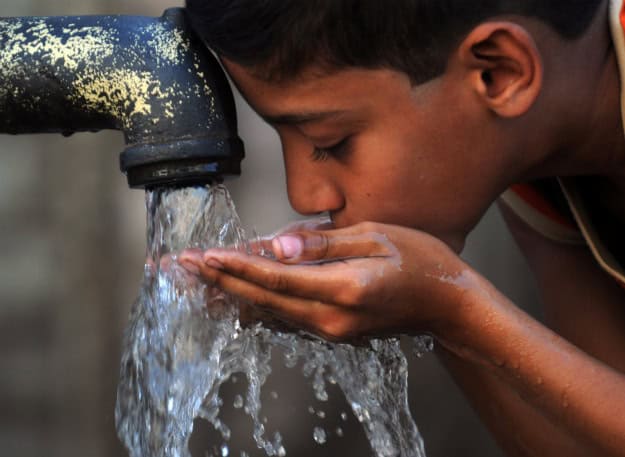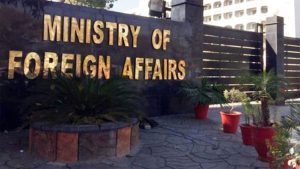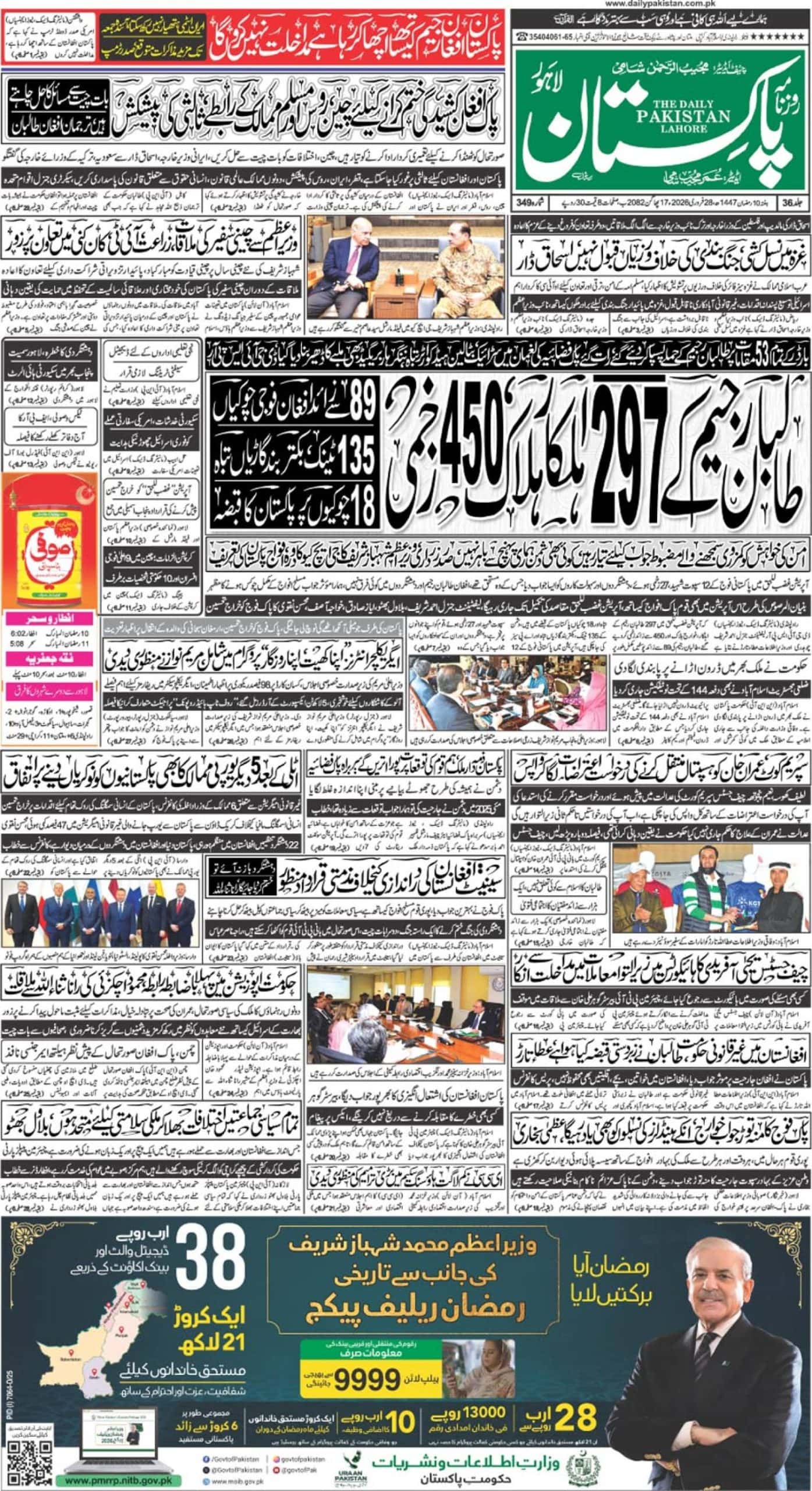ISLAMABAD (Staff Report) – People around the globe are today (Tuesday) marking World Water Day to highlight the significance of water for living, calling for making a difference for the members of the global population, who suffer from water-related issues.
This year’s theme for World Water Day ‘Water and Jobs’ provides an important opportunity to consolidate and highlight the intricate relationship between water and livelihoods, especially for agrarian communities.
In 1993, the United Nations General Assembly designated March 22 as the first World Water Day. Since then, World Water Day is celebrated around the world every year, highlighting water related issues.
On this World Water Day, Leadership for Environment and Development (LEAD) Pakistan, has urged sustainable management of water resources, in order to protect and create better livelihoods.
According to Ali Tauqeer Sheikh, CEO, LEAD Pakistan, and Director Asia, Climate and Development Knowledge Network (CDKN), ‘Pakistan has no water policy and it desperately needs one. The Ministry of Planning and Reforms, as well as the Ministry of Water and Power, circulated two different policy drafts, and subsequently withdrew them.
The Council of Common Interests (CCI) is perceived as a spoiler and not an enabler. Hence, there’s a visibly weak resolve to convene the CCI meeting and present the draft policy for approval. Meanwhile, provinces have begun working on their own provincial policies. However, the best of provincial policies cannot be a substitute to a comprehensive National Water Policy’.
To promote water sustainability initiatives and research, LEAD Pakistan is also organizing a two day international water conference on 19-20 July, 2016, titled ‘Water Sustainability: Access, Equity and Hazards’. The need to organize this conference arises from the fact that high population growth coupled with rampant urbanization and weak regulatory frameworks in Pakistan is increasing stress on water resources.
The situation has led to serious issues of water scarcity, resource depletion and contamination. The uncertainty introduced with Climate Change has further complicated the scenario. The conference aims to address water sustainability challenges, from the perspective of Access, Equity and Hazards.
Furthermore, Climate Change is a serious threat to Pakistan’s water supply, which is primarily dependent upon glacial melt and monsoon rains. The changing monsoon patterns are making the water supply erratic and increasingly unpredictable.
It has started reaching the upper reaches of the Himalayan ranges and parts of Balochistan that were not traditionally covered by monsoon rains. Similarly, Karachi and coastal areas have begun receiving more frequent warnings of potential hydro disasters like cyclones and tsunamis.
Today, half of the world’s workers – 1.5 billion people – work in sectors that are water-related. Moreover, nearly all jobs, regardless of the sector, depend directly on water. Yet, despite the indelible link between jobs and water, millions of people, whose livelihoods depend on water, are often not recognized or protected by basic labor rights.














